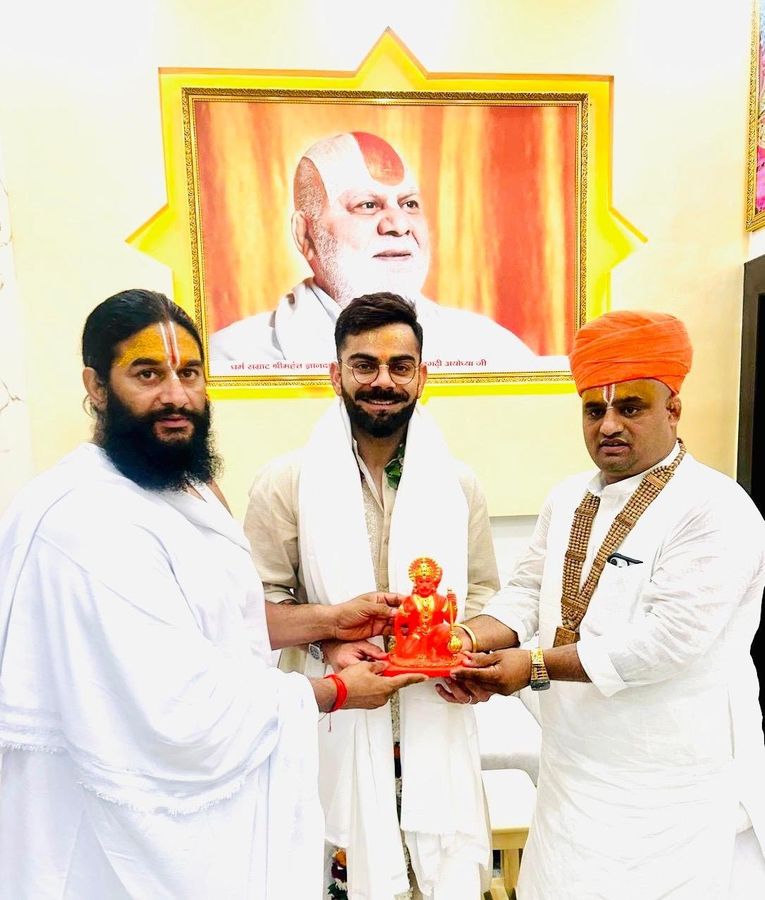Sandeep
Reddy Vanga
, who is currently riding high on the mega success of the Ranbir Kapoor starrer 'Animal', might soon work with superstar
Salman Khan
for a dark thriller.
According to a report by Filmfare, the director is currently in talks with
Salman
Khan regarding the same. Vanga is presently collaborating with Allu Arjun and Prabhas on his other projects.
However, there has been no confirmation on his project with Salman yet.
Earlier, Vanga had revealed that Ranveer Singh called him after the release of the movie and spoke to him for 40 long minutes on phone.
'Animal' director Sandeep Reddy Vanga hits back at Kiran Rao's stalking criticism
In a widely circulated Dainik Bhaskar interview clip on Reddit, Sandeep Reddy Vanga shared Ranveer Singh's reaction to Animal. Vanga expressed his own surprise, mentioning that the actor spoke to him for almost 40 minutes over the phone. He found the lengthy message from Singh enjoyable, having read it multiple times. While the specific details of the message couldn't be disclosed, Vanga noted that Singh highlighted aspects of Animal that made him realize, "Oh, this is also in my film."
In the interview, director Sandeep Reddy Vanga discussed a media report that referred to a statement he made. He mentioned the context where the second ex-wife of a superstar criticized films like Baahubali 2 and Kabir Singh for allegedly promoting misogyny and endorsing stalking.
Addressing the assertion, Sandeep conveyed his opinion that the individual making the claim might not grasp the distinction between pursuing someone and approaching them respectfully. To illustrate his point, he referenced Rahul's character in the movie Darr, played by Shah Rukh Khan, where the character persistently follows Kiran despite her expressed disinterest, defining such behavior as stalking.
Sandeep Reddy Vanga countered the comparison by emphasizing that, unlike the character in Darr who incessantly follows the object of his affection, Kabir Singh only approaches the person he likes within a classroom setting. He questioned the need to magnify the act of a boy approaching a girl, stating that it is a common and acceptable practice for expressing romantic interest.












 English (US) ·
English (US) ·